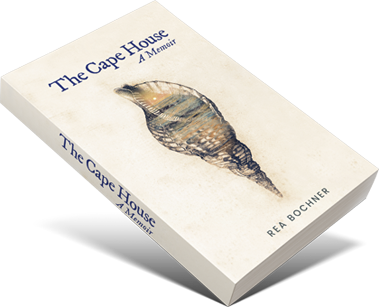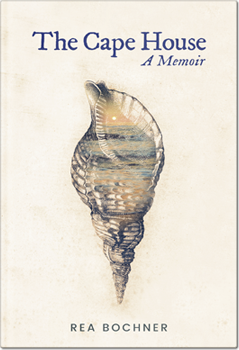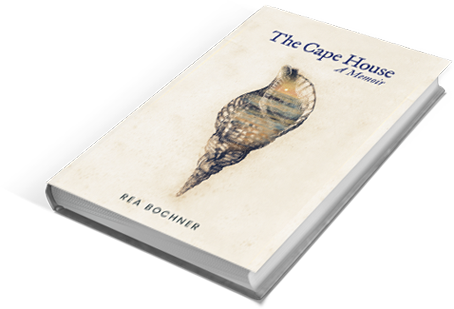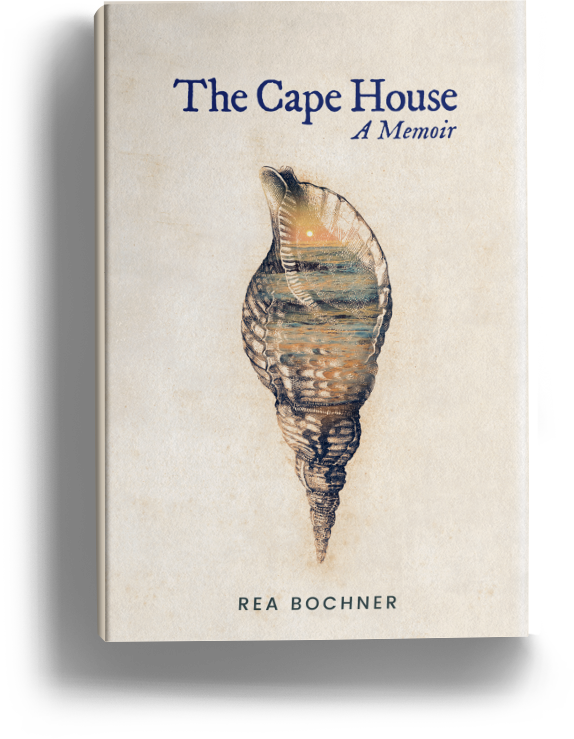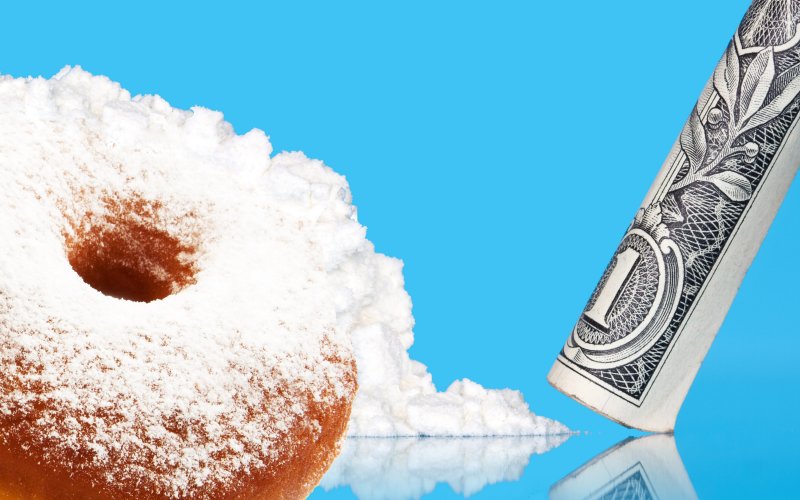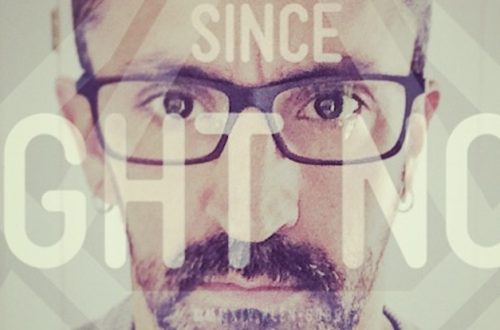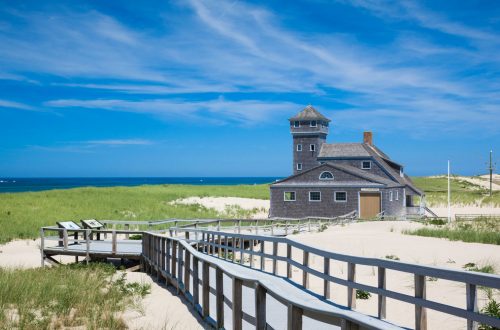Thirteen years ago today, I walked into a meeting in Western New Jersey and listened to women who looked how I wanted to look talk about how they’d once been as sick as I was, but had pulled themselves out of the dark with the help of a higher power. At the time I was well over 200 pounds and had been killing myself with food since elementary school. I had been coming to these meetings for two years, but couldn’t seem to figure out what I was supposed to do.
Scratch that: I knew exactly what I was supposed to do; I just didn’t want to do it.
But something was different about that night. I’d had enough pain, enough frustration, enough loneliness, enough fear. I knew what my life would look like if I continued on as I did: I would simply rot away in my parents’ basement until they kicked me out, which they never would, or I killed myself so I wouldn’t have to keep fighting. Neither option appealed to me; although I felt dead inside, I was still alive enough to care. I sensed that I was meant for more than this.
That night, I heard these people who had given up their drug of food, done the hard work of looking inward, and built a relationship with the God of their understanding. They were joyous, happy, and free (and had excellent wardrobes). Their lives weren’t perfect, but they faced their challenges with serenity and let go of what they couldn’t control. But it began with putting down the food.
Like two wires crossing in my head, a thought came to me: Maybe if I do what they do, I’ll have what they have.
I was suddenly willing.
And from that moment, everything changed.
I’ve since learned in the thirteen years that followed that willingness is the beginning of everything. In my book, “The Cape House,” I write, “Where there’s willingness, there’s always reason to hope.” My experience has proved this. Just by being willing to do something different, I watched my entire life transform. I lost 100 pounds and have maintained it for over a decade (give and take some stubborn baby weight); I’ve created open, honest relationships with the people I love; I’ve gotten married; I’ve become a mother; I’ve survived the crushing loss of my own mother and learned to live with grief; I’ve fulfilled the lifelong dream of writing a book; and most importantly, I’ve had the privilege of guiding other people on their journeys of transformation.
There is no question that I’m one of the lucky ones. Millions of people in the United States alone suffer from food addiction and eating disorders, and only a small percentage of us ever crawl out of it. Anorexics and Bulimics are often food addicts first, then use other eating disorders to control it. It doesn’t have to look extreme, either: average-looking men and women, the last people you’d suspect, have an obsession with food they can’t control or explain. Those super-fit people whose bodies you envy may spend hours scrutinizing their reflections, vomiting everything they eat, and perseverating on the number of calories consumed and burned. As for the ones with 100, 200, 300 extra pounds, it isn’t that they haven’t tried to lose weight, it’s that they can’t; telling them not to eat is like asking them to hold their breath indefinitely. Many people simply live with their illness their entire lives, suffering effects like diabetes, heart disease, hypertension, and depression, because food addiction is socially acceptable and doesn’t rip your life apart as quickly as booze and pills. But, trust me, food addiction is as real as alcohol and drug addiction – and perhaps even more insidious. It can kill you in a way that is just as tragic, just as agonizing, and often, you’re dead long before your body gives out.
The day I walked into my very first meeting and heard someone use the words “compulsive overeater,” it was a revelation, because I’d spent my entire life thinking I was a freak. I didn’t know other people couldn’t stop eating certain foods once they started. I didn’t know other people ate food out of the garbage, when it was still frozen, or even off the ground. I didn’t know other people stole food, hid food, begged for food, or lived their lives waiting for the next meal. I thought I was the only one, but I’m not.
And you’re not, either.
If you have a problem with food – too much, not enough, whatever – there is an answer. It doesn’t have to be this way. You don’t have to live like this. And you are not alone.
It just begins with the willingness to do something different. It’s scary as hell, but I promise you, it’s worth it.
You’re meant for more than this.
